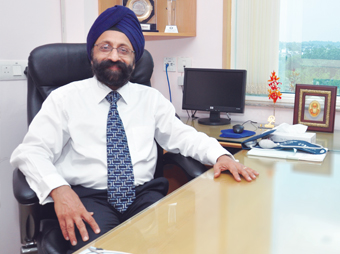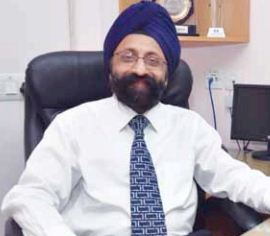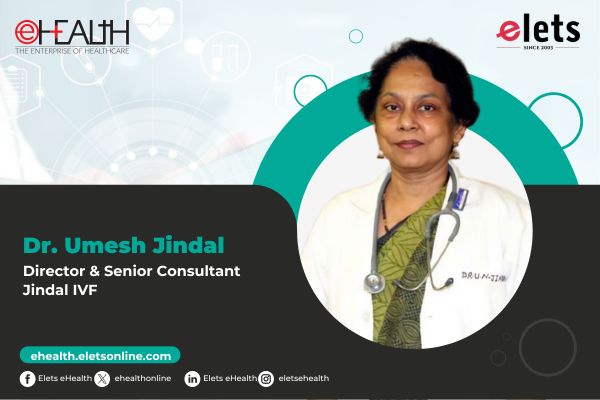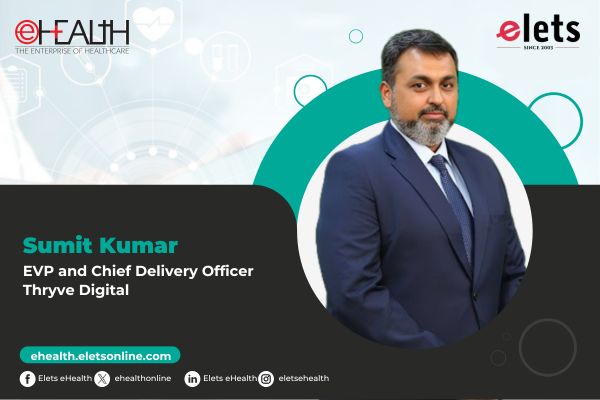
 New innovations in healthcare lead to better monitoring of patients and thus better treatment. Dr JPS Sawhney, Chairman, Department Of Cardiology, Sir Ganga Ram Hospital, believes that technology in the field of cardiology has undergone vast improvements during the past few years
New innovations in healthcare lead to better monitoring of patients and thus better treatment. Dr JPS Sawhney, Chairman, Department Of Cardiology, Sir Ganga Ram Hospital, believes that technology in the field of cardiology has undergone vast improvements during the past few years
Percutanously implantable cardiac devices have come a long way in treating patients with serious and life threatening ailments. The number of implanted cardiac devices has dramatically increased in recent years. These devices have evolved from simple, fixedrate pacemakers to multi-programmable systems with an ever-increasing amount of information retrievable and programming options available. New innovations have better accuracy and picture quality than the ones used a decade ago. The equipments keep getting upgrading as new technology arrives on wings of the work done by innovative brains. MRI was earlier an absolute contraindication in patients with implanted pacemakers. However, MRI compatible pacemakers are now available with no ferromagnetic component. These systems enable a full 1.5T MRI scan to be performed in the patient with implanted pacemaker. Implantable cardiac defibrillators (AICD) have revolutionised management of patients with cardiac dysfunction and rhythm abnormalities. Newer AICD successfully correct majority of ventricular tachyarrhythmias through silent antitacycardia pacing (ATP) without the need for painful shocks. Cardiac resynchronisation therapy (CRT) is increasingly being used to resynchronise and improve contractility of weak and dilated hearts by electrically stimulating the right and left chambers of the heart simultaneously.

| Remote monitoring of theses devices is now available to enable wireless remote interrogation and monitoring |
Newer innovations in CRT and CRT-D devices include use of multipolar pacing leads with ability to pace at multiple sites and new sensors for heart failure monitoring which are expected to make an important impact on the patient outcomes. Remote monitoring of theses devices is now available to enable wireless remote interrogation and monitoring. Reports and special alerts can be sent automatically on a daily basis. This allows physicians to respond more proactively to changes in patient or device status, to triage patient care more appropriately, and perform the postimplant ambulatory follow-ups more efficiently. From devices for monitoring patient status to those that can anticipate cases of congestive heart failure, advanes are being made in every vertical of healthcare. Now it is recognised that device-based therapies will assume an increasingly important role in treating the growing number of patients with advanced heart failure.


Be a part of Elets Collaborative Initiatives. Join Us for Upcoming Events and explore business opportunities. Like us on Facebook , connect with us on LinkedIn and follow us on Twitter , Instagram.
"Exciting news! Elets technomedia is now on WhatsApp Channels Subscribe today by clicking the link and stay updated with the latest insights!" Click here!
















